GoChain aims to go beyond Ethereum's smart contacts with the use of Reputation Test (PoR) instead of Work Test (PoW) and Authority Test (PoA).
GoChain is a cryptocurrency and scalable, high-performance, low-cost, decentralized blockchain that offers support for intelligent contracts and distributed applications. Some of the key features of this decentralized platform are the following:
It is a public cryptocurrency, which means that it will be distributed for public benefits.
It builds decentralized applications and rock-solid intelligent contracts, in comparison with other ICOs already available.
It is fully compatible with current Ethereum wallets, smart contracts and other tools.
It allows instant transactions and the execution of contracts, which, according to your technical document, are not possible thanks to other similar platforms.
Last but not least; is the next-generation decentralized application platform, which aims to go beyond Ethereum's smart contracts

GoChain people
The core GoChain team is a group of software engineers, technology founders and business leaders who have dedicated their careers to creating large-scale distributed cloud systems, including high-performance messaging, data storage and computing services. for the infrastructure in the cloud. This experience is a natural fit for an inherently distributed system such as a public blockchain. The founders have created and exited successful startups with funds from Silicon Valley's leading venture capitalists.
 Jason Dekker. CEO
Jason Dekker. CEO
Jason is a serial entrepreneur, former hedge fund manager who manages more than $ 250 million, angel investor, board member and adviser with exit to a public company. He has extensive level C experience in finance, biotechnology, technology and the food and beverage industries.
 Travis Reeder. Jefe de Arquitecto de Software
Travis Reeder. Jefe de Arquitecto de Software
Travis has more than 20 years of experience in the development of high-performance applications and cloud infrastructure services. Travis is the founder of 4 successful technology companies, recently founded Iron.io, where he pioneered cloud computing without servers and raised $ 17M from Silicon Valley's leading VC firms, including Bain Capital, Sapphire Ventures and Baseline Ventures. Having solved the scaling problems and delivering scalable services for his entire career, he is now applying that knowledge and experience to blockchain. Travis has a degree in Computer Science.
Ben Johnson. Sr. Software Engineer
Ben Johnson is an open source software developer specialized in writing databases and distributed systems. He created BoltDB, a very popular in process, key / value shop, which is used by many projects, including the Consul of CoreOS and Hashicorp.
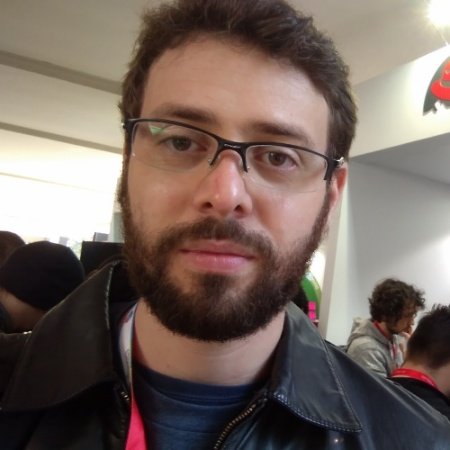 Guilherme Rezende. Sr. Software Engineer
Guilherme Rezende. Sr. Software Engineer
Guilherme has extensive experience in software development in both cloud and open source technologies. He is also a blockchain developer and a speaker. Guilherme has a degree in Computer Science.
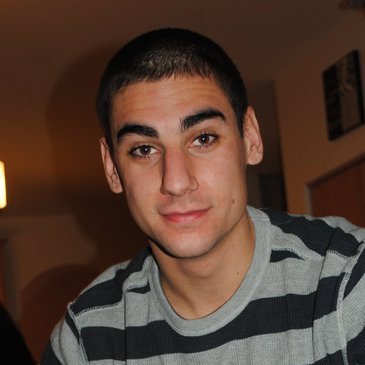 Jordan Krage. Sr. Software Engineer
Jordan Krage. Sr. Software Engineer
Jordan Krage is a software engineer with experience in big data and distributed systems. He is one of the developers of the dependency management tool Go (golang) dep. Jordan has a Master's Degree in Computer Science.
 Roman Kononov. Sr. Software Engineer
Roman Kononov. Sr. Software Engineer
Roman has 12 years of experience in the development of leading software and engineering teams. He also has extensive knowledge and experience in cyber security, helping companies protect themselves from threats. Roman has a Master's Degree in Computer Science.
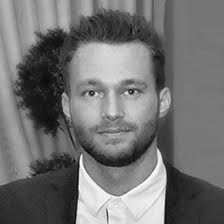 Adam Norris. Director of Marketing and Community Relations
Adam Norris. Director of Marketing and Community Relations
Adam has more than 10 years of experience in customer service and support. During the last two years, he worked as a technology consultant implementing sophisticated client applications and market research software for leading Fortune 500 companies. He also has extensive knowledge and experience in blockchain, community management, academic research and visual design. As one of the first users who has been in space since 2011, he has managed the communities of various ICO and cryptomining projects. Adam has a degree in Psychology with emphasis on statistical models and research methods.
 Director of social networks
Director of social networks
Creative visionary, blogger and guru of social networks. Brooke has had a passion for creating from an early age. She has explored almost all the points of creative expression, through painting, drawing, writing, photography and modeling. She pursued her creative passions through her education and continued to receive a degree in Journalism from the University of Nevada Reno.
Development chronology
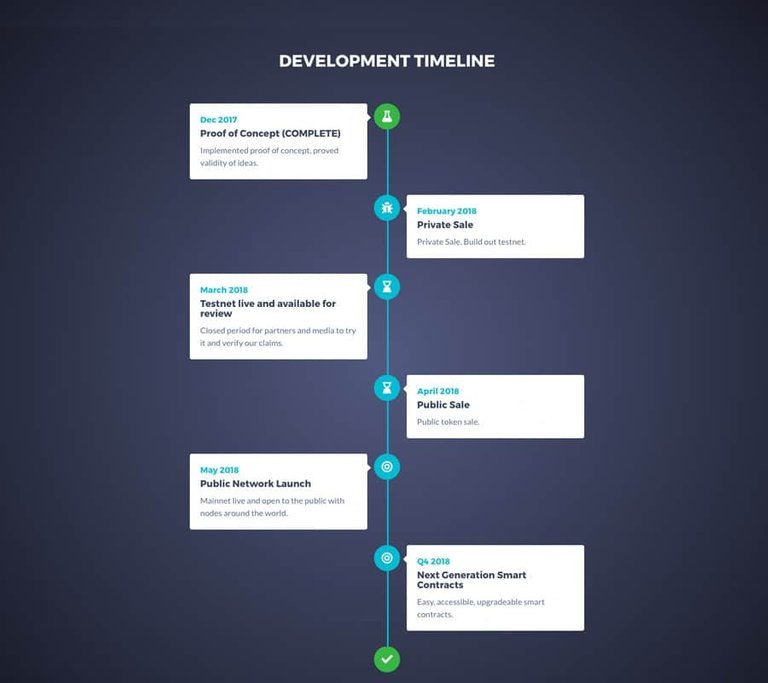
How GoChain is better than Ethereum
It is stated that Ethereum is one of the best blockchain protocols, thanks to intelligent support contracts. Smart contracts greatly affect industries. However, GoChain aims to take this technology in a different direction. The company not only wants to improve some central aspects, such as speed, energy, etc., but also intends to improve the smart contract system so that it is easy to use and fail-proof. Since smart contracts have a lot of value, Ethereum is at the top. But the grass is not always green on the other side. Ethereum is also not immune to certain serious problems.
Some of the key problems that Ethereum has are the following:
Ethereum takes advantage of 3 times more energy than Google. The promise of decentralization is not true, as stated Ethereum can only handle ~ 13 transactions per second.
Smart contracts are not piracy / theft proof, however, with the introduction of the GoChain platform, the company aims to solve all these problems by providing solutions in the following ways:
100x more transactions per second
1000 times less energy used
10 times more decentralized

Who are authorized signatories in GoChain
The authorized signatories on the GoChain platform are the trusted nodes that create blocks, sign them and distribute them to other nodes. Very similar to the miners in a work test system (PoW) in which they create blocks and sign them, but less the cost of extraction.
There will be a list of authorized signers in the block chain. The platform allows only authorized nodes to sign blocks and all blocks have to go through the verification process to ensure that the signer is on the authorized list. The signature algorithm works quite similar to the signature algorithm in PoW, but there is a different set of headers. The specific headers of PoW are excluded and additional headers are included to allow voting.
Given N authorized signers, a signer can simply sign a block every (N / 2) + 1. This determines if someone tries to make malicious attachments, he / she will have to control 50 percent of the signers.
Sources of Images:
https://i.redd.it/8zgqzugqs9211.
https://joseserranogestaltcoach.files.wordpress.com
https://gochain.io
https://icodrops.com
https://perito.biz
For more information:
https://icobench.com
https://forocoin.net
https://icomarks.com
https://www.icotokennews.com
@joseluisdecan
Gochain 2018











This post has been submitted for the @OriginalWorks Sponsored Writing Contest!
You can also follow @contestbot to be notified of future contests!